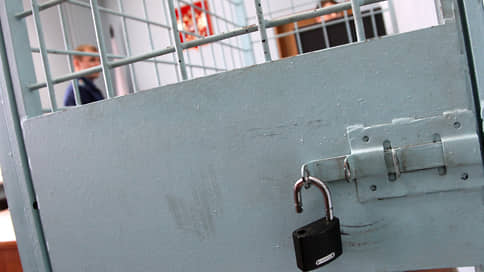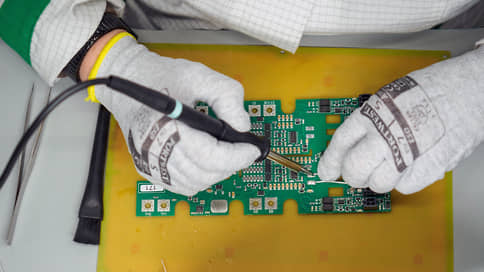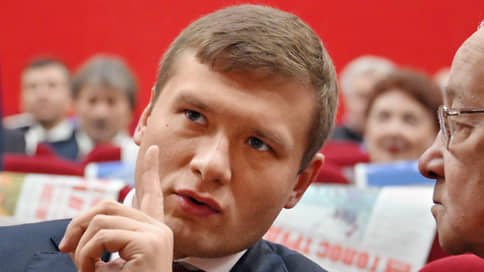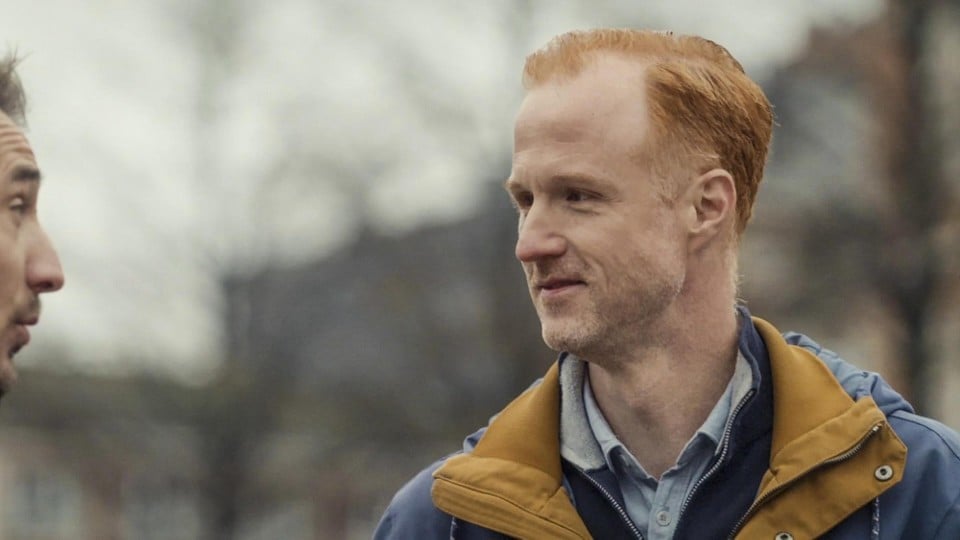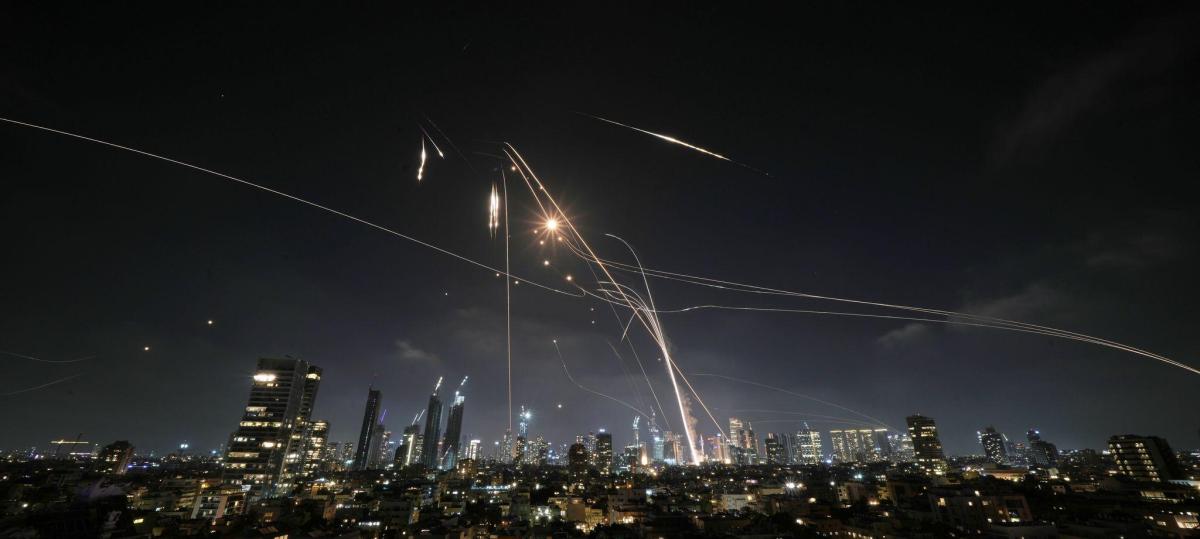In Russia, the number of patent disputes in the Russian pharmaceutical industry doubled
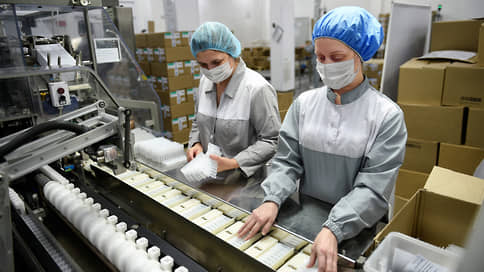
Over the past two years, the number of patent disputes in the Russian pharmaceutical industry has doubled. Cases of the display of generics to the market, bypassing patent protection, have become more frequent, and forced licensing is used without clear criteria. This reduces the predictability of work in the market, the investment attractiveness of developments in the Russian Federation and, as a result, can lead to outflow of conscientious international manufacturers from the country, experts say.
In 2022–2025, the number of disputes related to intellectual rights to the farm -free in Russia doubled compared to 2017–2021, follows from Kommersant the joint study of the Higher School of Economics and the Consulting Company PNB. Over the past two years, 60 such cases have been initiated, and in just seven years – 100, analysts note.
Many of these matters are resonant and relate to drugs from the list of vital. Thus, the Russian Axelfarm and the British-Swedish Holding Astrazeneca are arguing about the antitumor drugs based on Osimertinib (See “Kommersant” from June 3). Several local companies, such as Heropharm, received from the federal government the so -called forced license for the release of analogues of the “Overpick” of the Danish novo nordisk (See “Kommersant” from May 24).
The study of PNB and the Higher School of Economics is devoted to the analysis of the practices of regulating intellectual property in ten large world markets. The authors conducted anonymous interviews with 20 experts from different areas: representatives of regulators, pharmaceutical companies, patient communities, medical specialists and lawyers.
Among the main reasons for concern, the experts called the number of claims for the provision of forced licenses in the framework of Art. 1362 of the Civil Code of the Russian Federation (Civil Code of the Russian Federation). Refined experts note that there are no clear criteria for applying this article.
By the law, the Government of the Russian Federation may make a decision on the use of an invention without the consent of the patent holder in the case of « extreme necessity related to ensuring the defense and security of the state, protecting the life and health of citizens. »
The issuance of a forced license is possible if the invention or useful sample is not much or is not used in recent years at all, as well as if the patent holder cannot use the invention without violating the rights of the owner of an earlier patent.
Experts from different industries agree on: the criteria of the law that allows the use of forced licenses are quite blurry. It is not always clear, for example, what can be the “insufficient use of” the invention, lawyers, as well as representatives of Russian pharmaceutical companies, note. Therefore, as Kommersant told Kommersant Executive Director of the Association of International Pharmaceutical Manufacturers Larisa Matveeva, clear and transparent criteria should be set to make a decision on the issuance of forced licenses. Experts from the patient’s communities who participated in the study of the Higher School of Economics and PNB emphasize that the expansion of the use of forced licensing can lead to the refusal of foreign companies from the withdrawal and localization of innovative drugs in the Russian market.
Among the measures that could increase the effectiveness of observing intellectual rights in the Russian pharmaceutical industry, the experts surveyed consider it important to create a single patent registry. Now there is a version of such a register developed for the EAEU, but in Russia this project has not been implemented, the authors of the study recall.
To prevent possible violations, it is also proposed to synchronize the registry with the public procurement system.
It is important to combine the creation of the Russian register of patents with the “patent linking” mechanism, when Generick cannot be registered before the expiration of the patented drug, said Vadim Kukava, Executive Director of the Association of Pharmaceutical Companies, Vadim Kukava. All this would help not only minimize the risks of the withdrawal of analogues before the expiration of the patent, but would also reduce the load on the courts in patent cases, he says.
In law enforcement practice, experts called the use of interim measures to use the courts of violation of patent rights in the farm -free by courts: this is how they will be able to prohibit the implementation of generics during the dispute. The specialization of the courts and the increase in the level of examination are also important. A possible tool may be the transfer of cases under Art. 1362 of the Civil Code of the Russian Federation to the court for intellectual rights, experts surveyed by the Higher School of Economics and PNB conclude.

